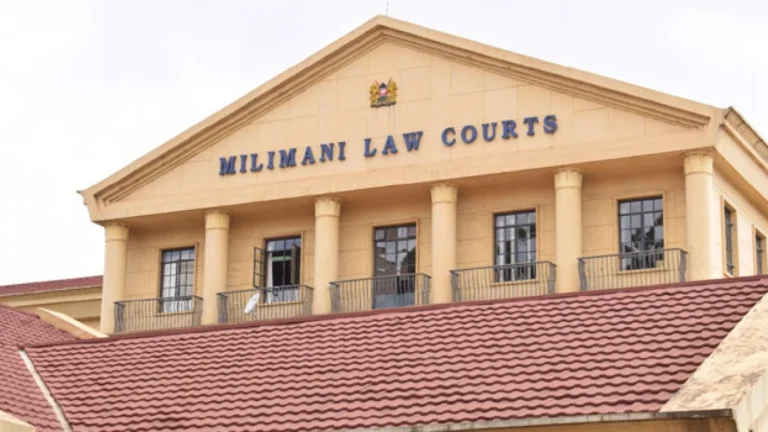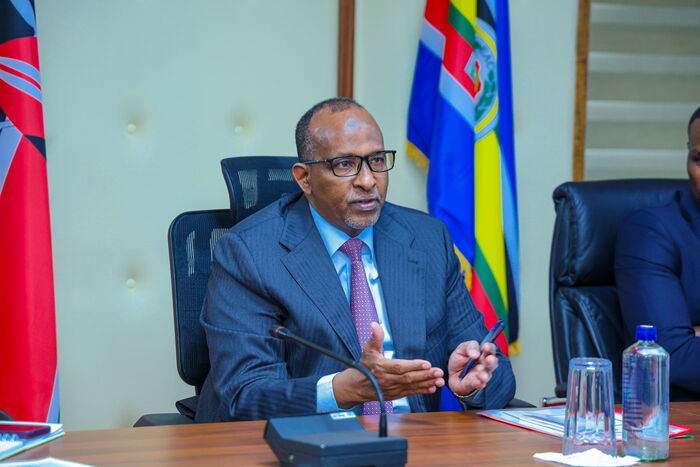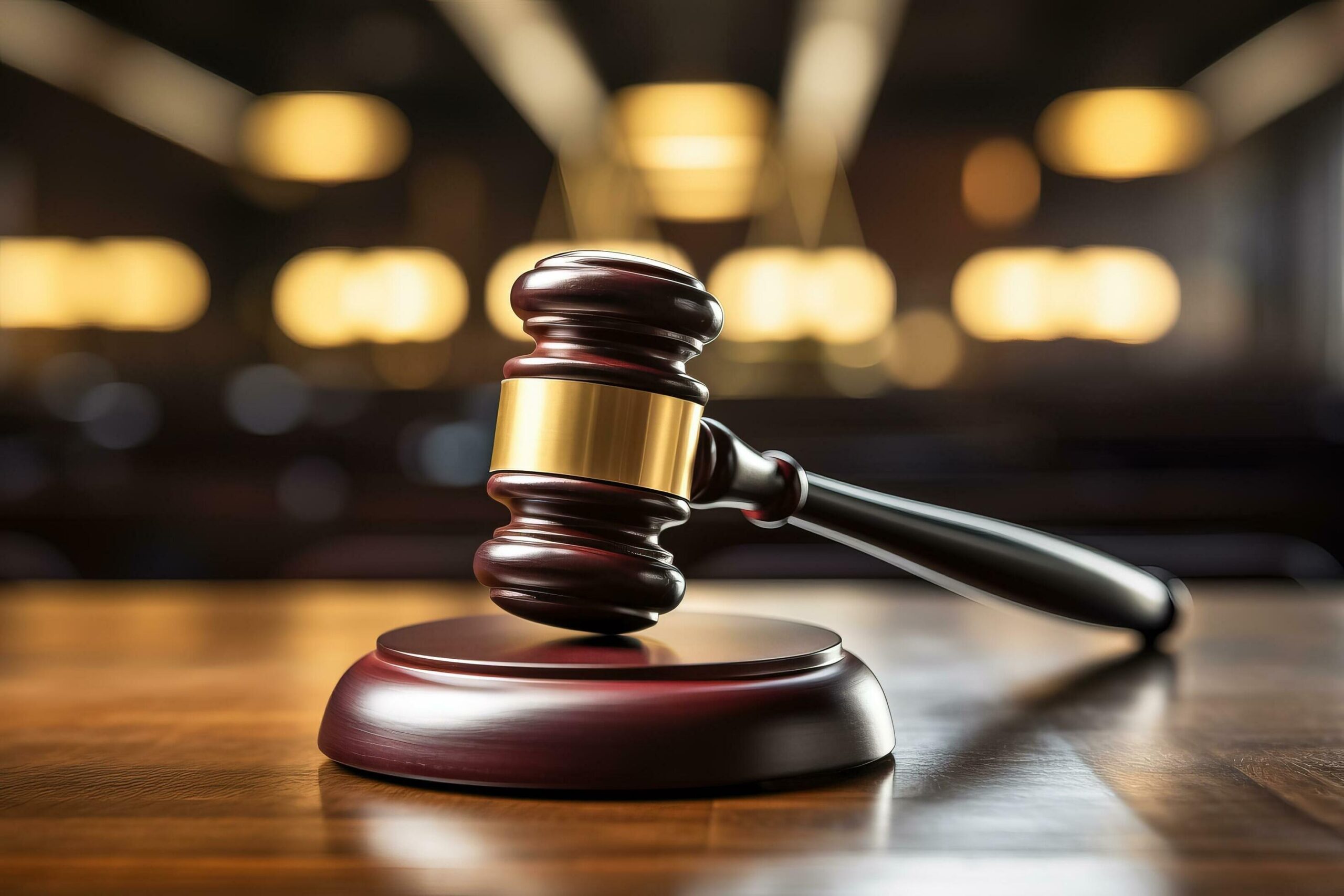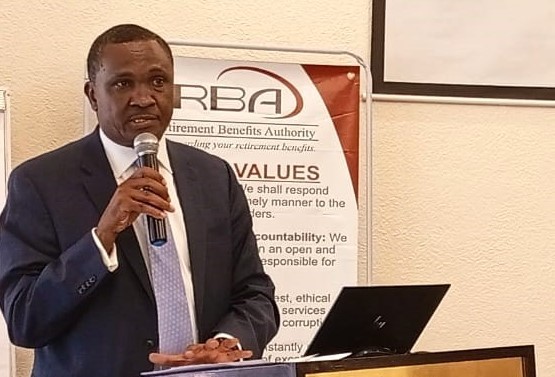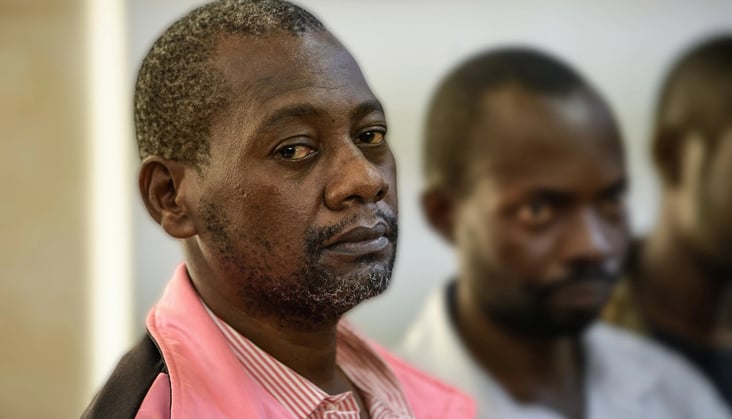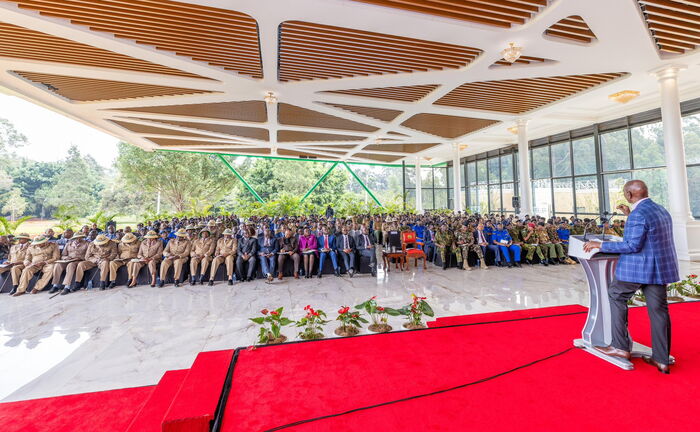
President William Ruto has issued a scathing rebuke of the recent wave of violence that erupted during the June 25 protests—decrying the attacks on police personnel, coordinated arson at stations, and thefts of firearms as unacceptable breaches of national security.
Speaking in a high-stakes closed-door meeting at State House this morning, the Head of State stressed that Kenya cannot “return to business as usual” after the scale of destruction witnessed across the country. He revealed that over 80 police vehicles have been burned, numerous stations torched, uniforms stolen, and officers targeted with lethal weapon thefts.
“It cannot be business as usual if 80 police vehicles have been burnt, when tens of police stations have been burnt, uniforms stolen, firearms stolen,” President Ruto declared.
The president warned that these coordinated attacks represented an assault on the foundations of law-and-order, fundamentally threatening the safety of not only security forces, but each and every Kenyan.

“If a policeman’s life is in danger, then, how can our families be safe?” he posed, emphasising that the welfare of law enforcers is inextricably linked to the stability of the nation.
Ruto went further, getting personal: “It is my responsibility as President to make sure that you are safe, your families are safe,” he told security chiefs present at the briefing. He urged transformation in the government’s approach to security, pledging better equipment and full protection for officers and their loved ones.
This stern directive comes in the aftermath of chaotic nationwide protests that plunged major towns—Nairobi, Mombasa, Nakuru, Kisii, Nyeri, Eldoret—into turmoil. According to official Tallies, at least 16 civilians were killed and over 400 injured during the unrest. Interior Cabinet Secretary Kipchumba Murkomen confirmed that more than 300 police officers sustained injuries, many with potentially lifelong consequences.
The scale of property damage is equally staggering. Police confirm that nine stations were attacked, with five set ablaze. In Dagoretti, firearms were stolen; in Gachui, weapons were incinerated. Police vehicles—totaling 88 government units—alongside over 90 other cars, lay in ruins after being torched by protestors.
The president pledged swift accountability: “The criminals that attacked our officers and destroyed property … will be held to account,” he warned.
Inspector General Douglas Kanja, his deputies, and the DCI director were among the security leaders in attendance. Intelligence gathering is already underway, with forensic evidence, video surveillance, and stolen weapon tracking sourcing suspects across the country.
In light of the heightened threat, state authorities are considering significant reforms to national security protocols—ranging from enhanced officer protections to strategic equipment deployments. A new era of proactive policing appears to be on the horizon.
The announcement marks a pivotal shift in the government’s posture. The message is unequivocal: assaults on the police will no longer be tolerated, and those responsible will face the full force of the law.


